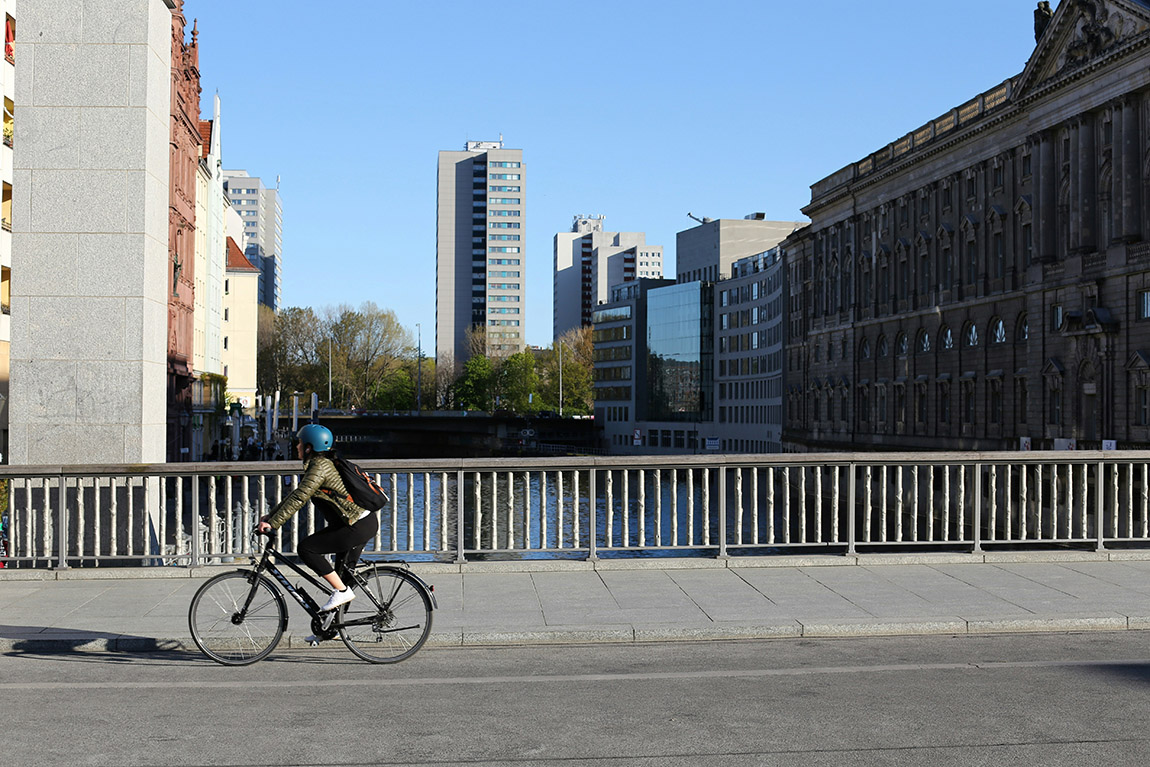Zeitgeist, sausages and the odd weekly carwash

What is German? Who are we as Germans? The response to these questions naturally changes. It was different 50 years ago, ten years ago and it will be different ten years from now. Answering the question of our identity is always bound to the times that we live in. It is a time capsule providing us with an understanding of the present. Therefore, let us explore the present and try to find out who we are in 2016.
Not to pad ourselves on the back too much, but if there is one aspect about German culture, that has an international impact, it is our language. Ever heard of the term ‘Zeitgeist’? This is one of the many expressions or idioms that we have sneaked into your language over the years. Other examples include ‘Fingerspitzengefuehl’ used by Chinese, Russian and Swedish people, ‘Rollmops’ (France), ‘Kuchen’ (Chile), ‘Schadenfreude’ (English) and many more. In fact, even in Nigeria people are asking ‘Is das so?’. It seems that we are very particular in our choice of words. So particular that there is no way around you adapting our phrases.
Maybe this is no coincidence. Maybe this is why Germany is called the country of poets and thinkers. We seem to have an ear for language and an acute sense for describing a unique emotional state with a word like ‘Fingerspitzengefuehl’. No one else would think of that. Germans do and we also still love our poets and word acrobats. When asked about people who represent their country, 49 per cent of the German respondents chose famous writer Johann Wolfgang von Goethe. In the ranking this makes him the individual with the most votes and the one person who, in our opinion, fits our country the best. A testament to our dedication to language.

Goethe & Schiller. Photo: © Helena
A Germans’ favourite child
However, while Goethe is high in the ranking, there is only one top spot. All over the world people say that the Germans love their cars more than their kids and, by voting Volkswagen as the best representation of our country, we have proved the world right.
Maybe you have seen the following before: it is Saturday in the summer and you are visiting a German village or suburban area. There are houses, lawns and driveways and on the driveways there are cars. But the cars are not just sitting there, there are also people. Out in the sun, they are cleaning their precious automobiles, often by hand and definitely with special care.
The Germans and their love for cars is an old story, but one that is still true. We do not even know why, but while the French have their food and fashion, we meet each other and ask “What do you drive?”. This question to us is equal to “How do you live?”.

The Volkswagen beetle. Photo: © Alan Levine
Dislikes and insecurities
You only really know someone when you know their deepest fears. Opening up to another person might make you vulnerable, but it will also strengthen your relationship. Here are things that we, as Germans, dislike and fear. Eight per cent of us have no interest in ever getting in touch with Roquefort cheese. 23 per cent are afraid of spiders, 29 per cent find dog faeces disgusting and for 48 per cent this holds true of human excrements. But the top spot is taken by maggots and the gruesome notion that they could be in your meat.
When it comes to insecurities we get very self-conscious. A public fart tops our list of embarrassments, but we also do not want to send an email to the wrong person or be wrong about something we supported with great confidence. Finally, 18 per cent of us find the discovery that we have put on two different socks very frightening.
A matter of sympathy
What do we find appealing about our country? Well, it turns out, Germans are pretty proud people. When you ask them which national state the most sympathetic folks live, everybody names their own national state first. As a second choice many resort to Bavaria, but a clear winner in this matter cannot be found.
That is probably a good thing, as in reverse it means that the Germans as a whole are pretty sympathetic. Also, do not be confused about the car situation. We might love our cars, but we love children more.
TEXT: THOMAS SCHROERS
Subscribe to Our Newsletter
Receive our monthly newsletter by email




